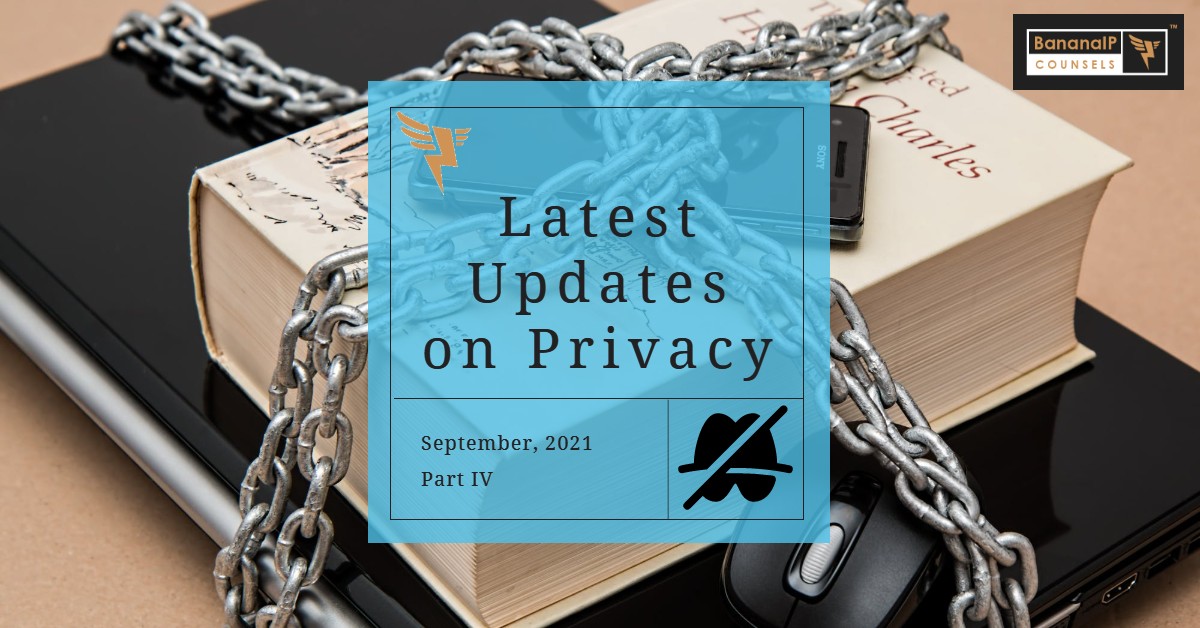This is a rundown of last week’s news updates on Privacy:
California Governor signs new data access law for gun owner information
Governor Newsom recently signed into law Assembly Bill 173, which provides access to research centres information on gun owners, including personally identifiable information. The Bill names the California Firearm Violence Research Center at UC Davis as the nodal point for the receipt of gun owner information from the California Department of Justice (DOJ). The DOJ is also permitted to share the same information with any other non-profit bona fide research institutions and state agencies. However, material identifying individuals can only be used for research and statistical purposes, and reports or publications shall not specify individuals. The Bill also requires the Attorney General to maintain an online database labelled the Prohibited Armed Persons File, which would be cross referenced with the Consolidated Firearms Information System to determine a list of persons prohibited from owning or possessing a firearm.
Facebook updates cookie controls to align with current privacy regulations
Tech giant Facebook announced that it will be tweaking its cookie consent controls to bring it in line with the requirements of the General Data Privacy Regulations and the ePrivacy Directive. The move also aims to give individuals greater control over their privacy. These changes are limited to users in the European region, creating a modified consent prompt, more intricate cookie consent options as well as control over information sharing to third party entities.
US Court rules on procedural requirements for software flagging child pornography
The US Court of Appeals for the Ninth Circuit has ruled that law enforcement agencies should obtain a warrant before searching flagged images for child pornography and acting on the same. This decision comes in contradiction to other court decisions allowing law enforcement agencies to review flagged images as it allows them to confirm the accuracy of the flags. The decision also implies that law enforcement agencies cannot rely on the Fourth Amendment exception allowing law enforcement agencies to avoid a warrant when privacy has already been breached by a private party.
Authored by Rohan Joshua Jacob (Associate).
About BananaIP Counsels Trademark Attorneys
This Privacy News Bulletin is brought to you by the Trademark/Copyright, and IP Transactional Strategy Divisions of BananaIP Counsels, a Top ranked IP Firm in India. BananaIP Counsels’ trademark attorneys are among the leading experts in the field. If you have any questions, or need any clarifications, please write to contact@bananaip.com with the subject: Privacy News.
The weekly intellectual property law news initiative is a part of their pro bono work and is aimed at spreading awareness about intellectual property and allied laws. You are free to share the news with appropriate attribution and link back to the source.
Disclaimer:
Kindly note that the news bulletin has been put together from different sources, primary and secondary, and BananaIP’s reporters may not have verified all the news published in the bulletin. You may write to contact@bananaip.com for corrections and take down.



